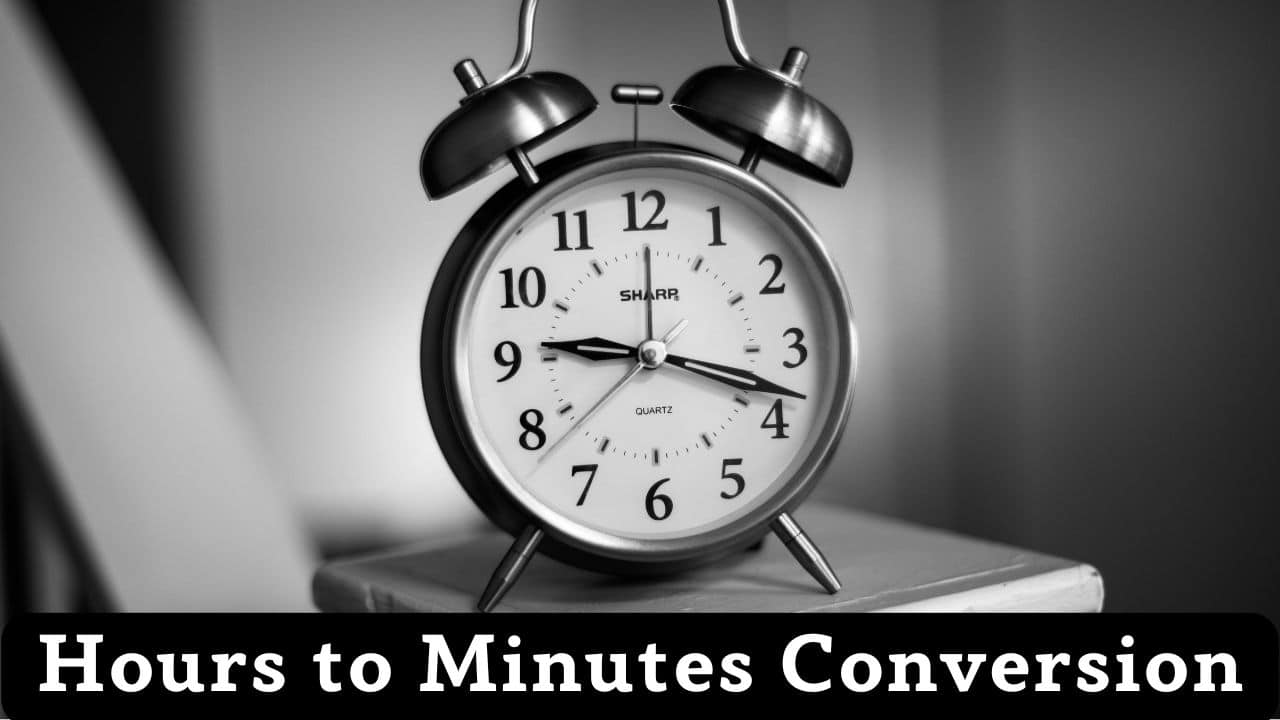Hours to Minutes Calculator
Precise time conversion with detailed breakdowns, quick presets, and educational insights

How Many Minutes in Hours
There are exactly 60 minutes in one hour. Converting between hours and minutes is fundamental: multiply hours by 60 to get minutes, or divide minutes by 60 to get hours. This simple relationship makes time calculations essential for daily scheduling and planning.
The Conversion Formula
Minutes = Hours × 60
Hours = Minutes ÷ 60
The 60-minute hour is a universal standard derived from ancient Babylonian mathematics, making this conversion consistent worldwide across all time zones and cultures.
Example: 2.5 hours × 60 = 150 minutes, or 90 minutes ÷ 60 = 1.5 hours
Time Structure & Usage
Understanding the hour-minute relationship:
1 Hour: 60 minutes or 3,600 seconds
Half Hour: 30 minutes (common meeting duration)
Quarter Hour: 15 minutes (billing increment)
This system enables precise scheduling, from quick 5-minute tasks to multi-hour projects
Quick Reference Table: Hours to Minutes
| Hours | Minutes | Seconds | Common Usage |
|---|---|---|---|
| 0.25 | 15 | 900 | Quarter hour, short break |
| 0.5 | 30 | 1,800 | Half hour, typical meeting |
| 1 | 60 | 3,600 | One hour, standard class |
| 2 | 120 | 7,200 | Movie length, long meeting |
| 8 | 480 | 28,800 | Standard work day |
| 24 | 1,440 | 86,400 | One full day |
Frequently Asked Questions
Why are there 60 minutes in an hour?
The 60-minute hour comes from ancient Babylonian mathematics, which used a base-60 (sexagesimal) number system. This system was ideal for time because 60 is divisible by 2, 3, 4, 5, 6, 10, 12, 15, 20, and 30.
How precise is hours-to-minutes conversion?
Hours-to-minutes conversion is perfectly precise since it’s based on the fixed relationship of 60 minutes per hour. Unlike calendar conversions, this relationship never varies.
When do you need hours-to-minutes conversion?
This conversion is essential for time tracking, payroll calculations, project planning, cooking timers, fitness routines, and any situation requiring precise time management.
What about decimal hours vs. minutes?
Decimal hours (like 1.5 hours) are common in professional settings, while minutes (like 90 minutes) are more intuitive for daily use. Both represent the same duration but serve different contexts.
Interesting Time Facts
Billing Precision: Many professional services bill in 6-minute increments (0.1 hours), making hour-to-minute conversion crucial for accurate invoicing and time tracking.
Digital vs. Analog: Digital clocks display time in hours and minutes, while analog clocks naturally show the 60-minute hour through their circular design with 12 hour markers.
Global Standard: The 60-minute hour is one of the most universally adopted measurements, used consistently across all countries, cultures, and time zones worldwide.
Understanding hours-to-minutes conversion is fundamental for effective time management, from daily scheduling to complex project planning.
